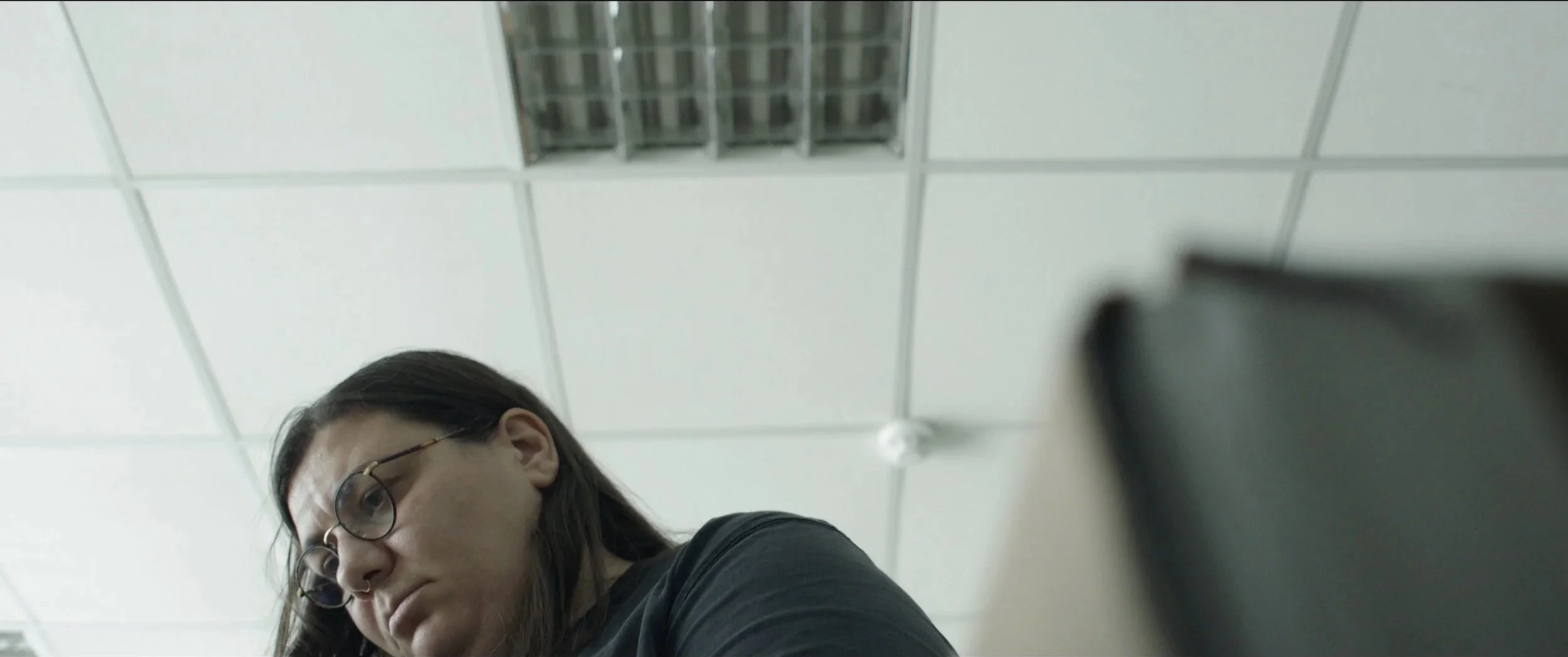
Growing up in Cyprus, I was born into the first generation to not experience war or liberation struggles. The only images I saw of women from that time were wearing all black, crying and holding pictures of the men they lost.
The pain and division of our homeland haunts me, yet the way we were taught about the loss experienced was never something I could connect to. The images in my text books of the lost villages and monuments had no significance to me, stories about places I’d never seen, memories I’d never had.
When my mum told me about this movement and I discovered the incredibly rich archive, I felt an inability to look away. It captured imagery I’d been needing. When I watched the women of the movement speak about their homes, their need to smell the jasmine in that specific home, to be amongst the trees that have been there for generations, the places where their ancestors were buried, I began to unlock this connection. I can see it in my own grandmother's garden, the memories and connections it holds to her, a loss that would be too great for me.
Without this archive, their words and thoughts, I would never have had the connection to my home I have now. This is why I find this film so necessary to share.
Furthermore, the Women Walk Home movement is a story of people organizing, having had no past experience doing so, and coming to both symbolically and materially create direct action to show their occupier that they will not accept their fate being determined for them. This is why its uncovering is so crucial both locally and internationally: if we do not know what people did before us we can often feel like we’re starting from scratch, and that can feel like an insurmountable obstacle.
Engaging in counter historical work, especially ones from below such as this movement, matters in the way that we all know and understand so much of our histories are erased and therefore it’s important they are documented. However, this work goes beyond that, I’m re-learning our own history, facing it and grappling with it. This film addresses what it means to be a child who grows up in a place that is defined by all consuming loss, that is a present-absence but is not transmitted fully. I hope rewriting and finally processing this loss will be a road map for others to understand and acknowledge the semi-transmitted loss that we know to be evident in so much of our shared history and current world.
